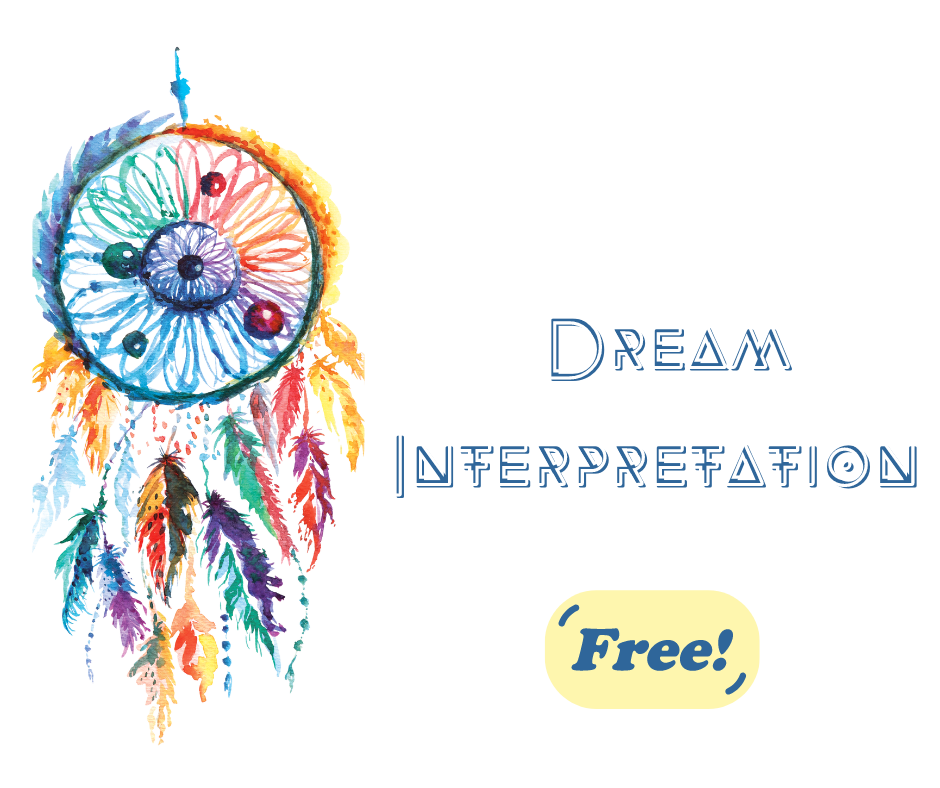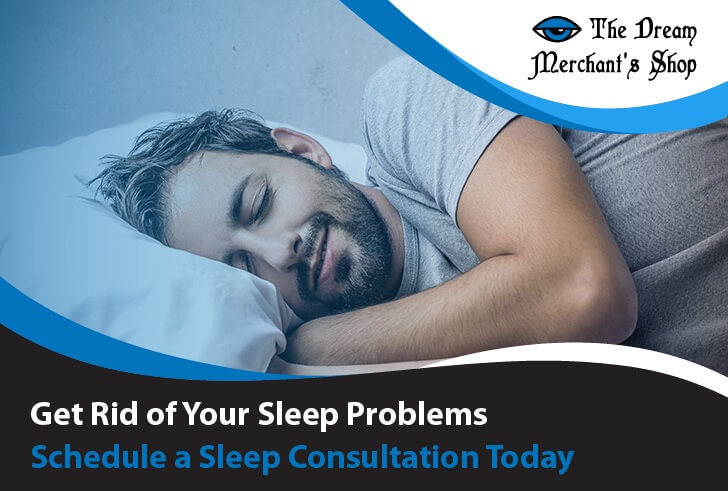Apnea is an episode of complete obstruction of the upper airway, which makes it impossible to breath and reduces oxygen in the blood.
Sleep apnea is a condition characterized by multiple apneas during sleep.
The sufferer basically stops breathing, which often causes a brief awakening from sleep to resume breathing.
Since the awakenings are so brief, one often is not aware of them, yet they can accumulate to quite a lot of time being awake during nighttime as well as intervene with restorative phases of sleep and leave one unrefreshed in the morning.
So how do you know if you suffer from sleep apnea? After all, most sufferers are not aware of waking up during the night multiple times due to not being able to breah. We have already explained sleep apnea in a comprehensive article, here we will focus on the question:
What are the symptoms of sleep apnea?
STOP BANG!
According to this scheme, there are 8 main indicators for sleep apnea.
S stands for Snoring. Ineed, most poeple with sleep apnea snore. Unfortunately, most people are unaware of their own snoring so finding out whether you snore or not will usually require having a bed partner or an app. Sleep tracking apps, such as Fitbit, can tell you what percentage of the night you spend snoring (and how loud your snoring is). Sleep trackers can also tell you how many times you wake during the night, when, and for how long.
T is Tiredness/excessive daytime sleepiness. Due to multiple nocturnal awakenings, sleep apnea sufferers are often tired during the day even if they got a normal sleep opportunity (e.g., 7-9 hours of sleep). Their sleep is unrefreshing. And they often complain of fatigue, lethargy, or lack of energy. This can sometimes result in cognitive/personality changes (e.g., irritability, memory loss, or poor concentration.)
O are Observed Apneas. This one also requires a bedtime partner. As we mentioned above, the hallmark symptom of sleep apnea is episodes in which the breath stops briefly. Other than snoring and apneas, one’s bed partner will often observe choking, gasping, and restless sleep in their partners who suffer from sleep apnea.
P is for Pressure. Blood pressure. People suffering from sleep apnea often have an elevated blood pressure. Abnormal high blood pressure is any result above 120/80.
B is for BMI. BMI, or body mass index, is calculated by dividing body mass (weight in kilograms) by the square of the body height (in meters). For example, a 6 feet tall person who weights 180 pounds has a normal BMI of 24.4. If that same 6′ tall person would put on 20 pounds he would become overweight and his BMI would be 27.1. A BMI above 25 is regarded as too high. Sleep apnea sufferers often have a BMI of 35 or more (a BMI of 30 and over is regarded as obesity). To reach that, our 6 feet tall person would need to weight 258 pounds.
A is for Age. Sleep apnea is more common in adults over the age of 50.
N is for Neck circumference. Sleep apnea sufferers often have a neck circumference that is longer than 16 inches (40cm).
G is for Gender. Males suffer from sleep apnea more than females.
Other common symptoms of sleep apnea include:
- Dry mouth on waking
- Morning headaches
- Sexual problems
- GERD at night (gastroesophageal reflux disease) – a condition in which stomach acid repeatedly flows back into the esophagus (the tube connecting the mouth and stomach)
- Nocturnal sweating
- Insomnia
- Nocturia – a condition in which one wakes up during the night to urinate
- Bedwetting
- Chronic cough
- Cardiovascular symptoms such as arrhythmias
- Diabetes type 2
- Elevated hematocrit (percentage by volume of red cells) in blood tests
If after reading the above symptoms of sleep apnea, you suspect that you are suffering from the disorder, then it is recommended to get in touch with a doctor since there are ways to cure it, and it is important to do so to avoid its potentially serious consequences.
We offer free consultations so we’d recommend contacting us for advice.


